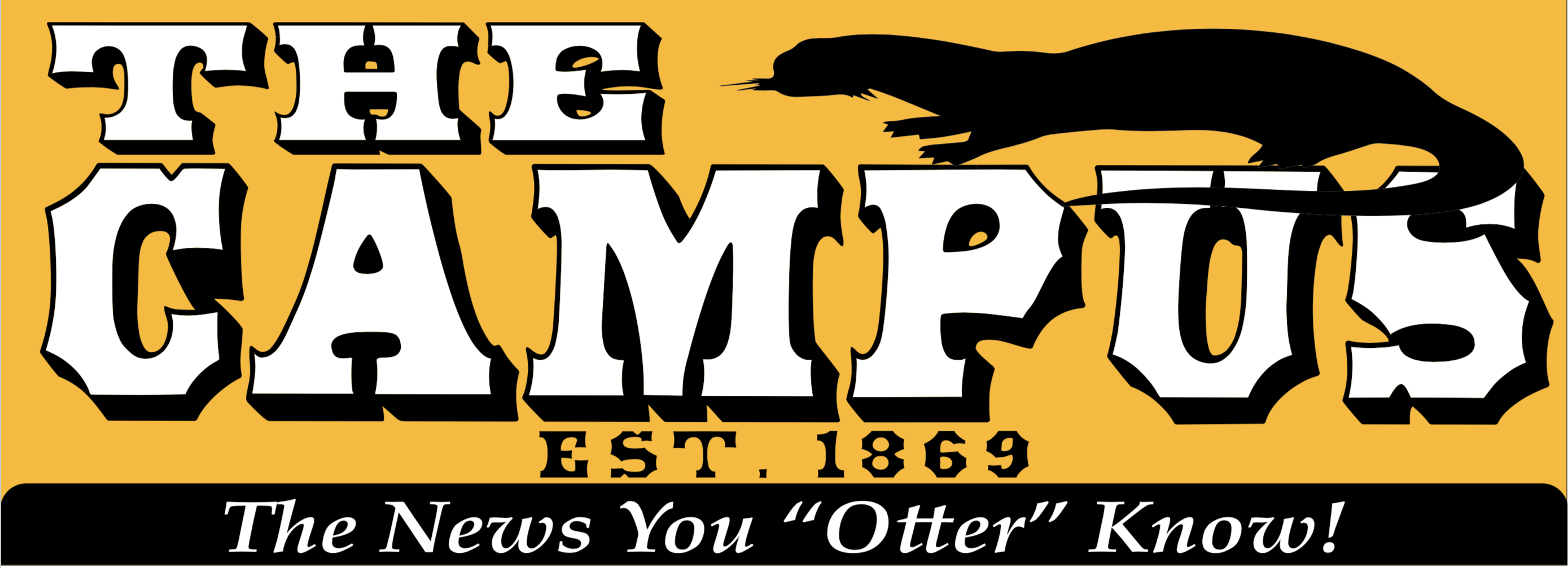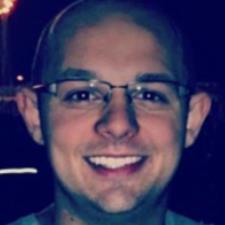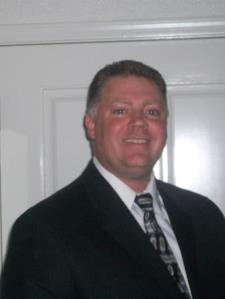 Post Classifieds
Post Classifieds
Forensics 101
From Speech to Debate

As forensics nationals approached, it became more and more obvious that people around campus (and to be honest, this is a nationwide problem) had trouble knowing what the forensics team actually did. Well, here is an explanation of what we do and how we do it.
Let’s start by acknowledging that the forensics team does not spend their time opening bodies and collecting evidence. We do collect evidence … just not from a cadaver.
Here is where the confusion has started for many: In Aristotle’s time, the Greeks organized contests for the best-spoken individuals who had ideas they felt were essential for democracy. The term derives from the Latin word “ensis,” which means something like forum.
According to the American Forensics Organization, “Because the training in this skill of public advocacy, including the development of evidence, found one of its important venues in the law courts, the term ‘forensic’ has also become associated with the art and science of legal evidence and argument.”
So there you have it, although forensics is thought to be related with cadavers first, it actually derived from the art of organized speaking – and that is what we do.
Forensics is divided in two main categories: speech and debate. These splinter into many subgroups. In speech, there are three main kind of groups: platform speaking, interpretative speaking and limited preparation time events.
Platform speaking is the formal type of speech. Where the person stands upright, gesticulates properly and uses triangle-shaped movements to utilize the room space at its best (you know, everything you learn in Prof. Ryan Louis’ classes). The most common events are persuasive, after-dinner (funny ones), communication analysis and informative speaking.
In this type of speech, the student must not use other people’s speeches and just learn them – they need to create a speech from scratch using evidence and other sources.
Interpretative speaking is more related to theater than to formal speech. However, it still wants to carry a very important message, either to persuade or just to make the audience aware of a complicated issue. Some of the common events are dramatic interpretation, program of oral interpretation, poetry, duo interpretation and prose.
In interpretative speaking, students take other people’s words and use them to create, carry or reinforce the message. Just as the name implies, they interpret the artist’s words without using their own.
Lastly, there are limited preparation events. These events are the most nerve-wrecking because you have to pull a speech from, literally, nowhere. The most common events are impromptu, interviewing and extemporaneous speaking.
Unlike other speeches, students do not know what they will be talking about. For example, for impromptu they go into a room, read a quotation that the judge provides and have one minute and 30 seconds to prepare a five-and-a-half-minute speech. You tell me what else could possibly be scarier than this …
Debate, on the other hand, is composed of the following: Public Forum, Lincoln Douglas, Policy Debate, Congressional Debate and Extemporaneous Debate. These all help students develop negotiation skills, argumentation techniques and world-wide news knowledge. For some of them, students may have a case prepared already with a defined topic, while for others it can be like impromptu speaking – you just have to pray you’ll know what to talk about.
Forensics teams put A LOT of work into these pieces; all of them inspire to think and believe in real change. Being informed and wanting to do something with that information is very valuable to our society, just as in Aristotle’s time.
I would love to see our campus support academic teams the same way we support sports and other activities. After all, remember we are ONE. If you have any questions regarding where you could see us or if you’d like to join, please contact Prof. Ryan Louis or myself.
#GoBraves #TalkingOtters
Get Top Stories Delivered Weekly
More oucampus News Articles
- THE CAMPUS HAS A NEW WEBSITE
- OU Student experiences plane scare on way back to Ottawa
- Free Pizza Time reviews
- Holiday shopping starts now
Recent oucampus News Articles
Discuss This Article
MOST POPULAR OUCAMPUS

A Safe Holiday Season By Kylee Weber

OU Student experiences plane scare on way back to Ottawa By Brynden Grow

POTW - Logan Smoot By Brynden Grow
GET TOP STORIES DELIVERED WEEKLY
FOLLOW OUR NEWSPAPER
LATEST OUCAMPUS NEWS
RECENT OUCAMPUS CLASSIFIEDS
OUTSIDE THE LINES
- A Story To Sing About
- The Gap in Gum Care: Why Caring For Your Teeth’s F...
- Top Tips for Signature Scents and Better-Smelling Laundry
- A Dog Trainer’s Top Tips to Support Pets Through Life S...
- Clear the Air of Indoor Pollutants This Spring
- Stroke & Dementia in Black Men: Tips for Staying Healthy...
- Hispanics and African Americans at Higher Risk for Eye...
- African Americans at Higher Risk for Eye Disease
- Infinity Kings: Final Book In A Favorite Fantasy Series
- What You Need To Know About Keratoconus and the iLink...
FROM AROUND THE WEB
- No Child is Forgotten By Marine Toys for Tots
- Sweeten Your Springtime Salads With Healthy Chilean Grapes
- Young Author Translates 4,000-Year-Old Text to Reveal...
- Keeping Cool and Energy-efficient Amid America’s “...
- Addressing Sarcopenia with a Healthy Diet
- Subway’s New Wraps Elevate Eating on the Go
- Family Teacher Conference Topics Beyond Academics
- Youth Take Down Tobacco
- BookTrib’s Bites: Four Reads to Kickoff Spring
- Curbing Colorectal Cancer in Minority Populations
COLLEGE PRESS RELEASES
- Shoff Promotions Comic Book & Sports Card Show
- Semiconductor Research Corp unveils 2024 Research Call, $13.8M Funding
- Charles River Associates Opens Second Scholarship Cycle, Expands to the UK
- BLUMHOUSE AND AMC THEATRES LAUNCH FIRST-EVER HALFWAY TO HALLOWEEN FILM FESTIVAL
- THE GEN Z IMPERATIVE: LISTEN TO FEELINGS AND GIVE GEN Z A VOICE












